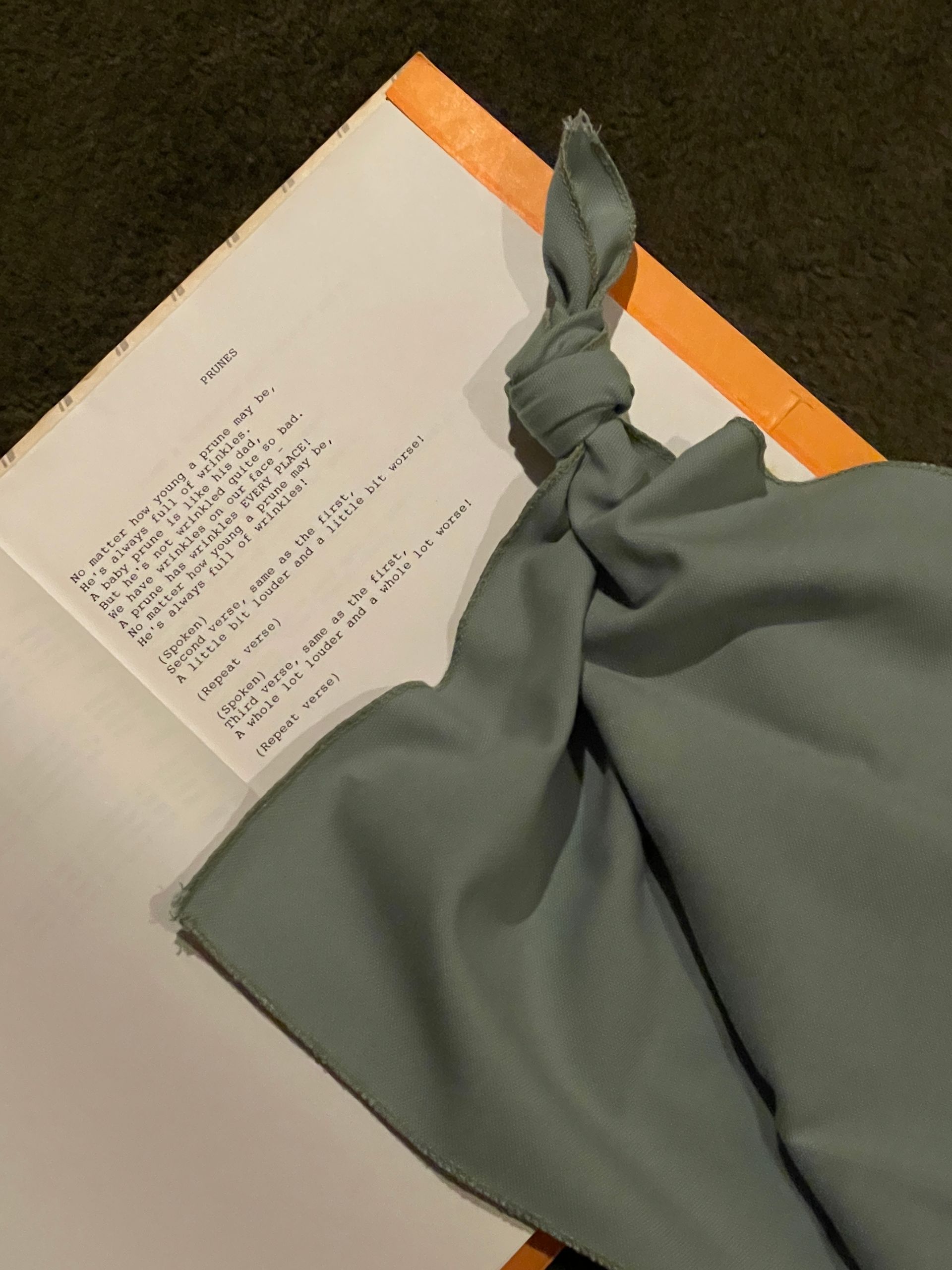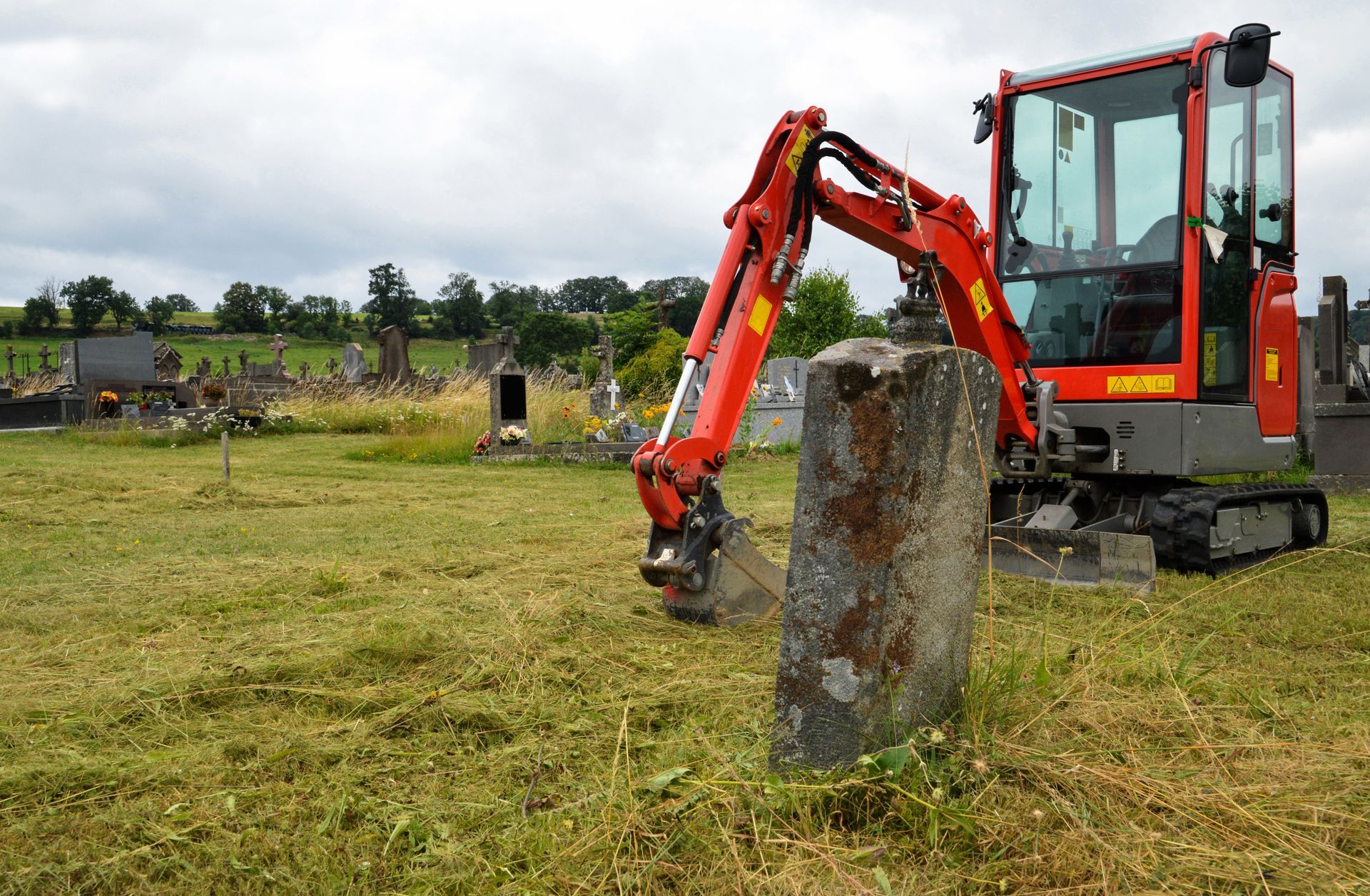In Harm’s Way
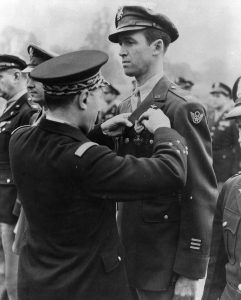
Soon after the Japanese bombing of Pearl Harbor on December 7, 1941, James Maitland Stewart volunteered for service in the Army Air Corps as a private. Although he was an amateur pilot with over 400 hours of flight time, he was also 33 years old and well-established as an actor, having starred in such films as You Can’t Take It With You , Mr. Smith Goes to Washington , and The Philadelphia Story for which he won an Academy Award. But when the United States entered World War II, Jimmy Stewart left his acting career behind and joined the effort. At first he worked as a flight instructor, a position he believed had been assigned to him because of who he was. So he appealed to his superiors, a plea that resulted in deployment to England and eventually flying a total of 20 dangerous combat missions as a member of the 453 rd Bombardment Group.
When the war ended, he went back to Hollywood but continued to serve as a reservist with the U. S. Air Force. He was the first major star to enlist and upon his retirement from the reserves in 1968 had achieved the rank of Brigadier General—the highest rank ever earned by any actor.
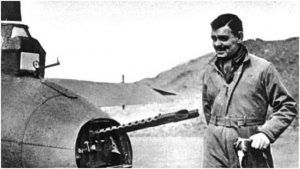
Clark Gable was still grieving the loss of his wife Carole Lombard when he enlisted in August of 1942. Both he and Lombard had leveraged their fame to encourage the purchase of war bonds; it was while returning from one of those tours that the plane carrying Lombard, her mother, her press agent, and 15 servicemen crashed into Potosi Mountain near Las Vegas, Nevada, killing everyone aboard. Gable finished the filming of Somewhere I’ll Find You and, believing his contributions to the war effort were not enough, enlisted as a private in the Army Air Corps at the age of 41. He wanted to become an aerial gunner, but the military had other plans and assigned him to the Eighth Air Force with orders to make a recruitment film—a film that would be made in combat as an effort to recruit more aerial gunners. After completing Flexible Gunnery School at Tyndall Field, Florida and a photography course at Fort George Wright in Washington State, he deployed to England with the 351 st Bomb Group. That assignment almost cost him his life on more than one occasion, including an airborne attack that knocked out one of his plane’s engines and a stabilizer. A raid on Germany resulted in the death of one crew member and injuries to two others, with a 20mm shell penetrating the flight deck of the plane, taking off a part of Gable’s shoe, and narrowly missing his head.
Gable returned to the states, and the resulting film which he edited and narrated himself not only helped unite the American public in the war effort, but still stands as a firsthand record of the harsh reality of wartime aerial combat.
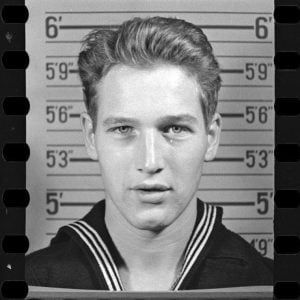
Before Paul Newman became the famous actor so many of us remember, he enlisted in the U. S. Navy. An aspiring pilot, he was dropped from the program when they discovered he was colorblind. Instead, he went on to train as a radioman and rear gunner. Eventually Aviation Radioman Third Class Newman and the rest of his unit were assigned to the aircraft carrier Bunker Hill. Just before his unit was to leave for the carrier and the Battle of Okinawa, his pilot developed an earache. He and the rest of his crew were grounded, an order that in all probability saved their lives. A kamikaze attack on the ship severely damaged it, resulting in the deaths of 393 sailors and airmen, with 41 missing in action and 264 wounded, including several from Newman’s squadron.
Our history as a country is filled with men and women who sacrificed their time and freedom to protect ours. Some of them, like the three mentioned here, were or ultimately became famous for things other than their military careers. Others were simple folks, known only to their families and communities . . . farmers and carpenters, shopkeepers and salesmen, homemakers and students, and every imaginable occupation in between. Some voluntarily entered the service while others were drafted. But despite their vocations, their status in the world, or their backgrounds, they all had one thing in common. They knew they were risking their lives. They knew there was a distinct possibility they would not return home as they had left, if ever. But they still went. And they still served. Throughout our history, brave men and women—famous or not—have placed themselves in harm’s way so the vast majority of us do not have to.
And they all deserve our gratitude and our respect.
About the author: Lisa Shackelford Thomas is a fourth generation member of a family that’s been in funeral service since 1926. She has been employed at Shackelford Funeral Directors in Savannah, Tennessee for over 40 years and currently serves as the manager there. Any opinions expressed here are hers and hers alone, and may or may not reflect the opinions of other Shackelford family members or staff.
The post In Harm’s Way appeared first on Shackelford Funeral Directors | Blog.
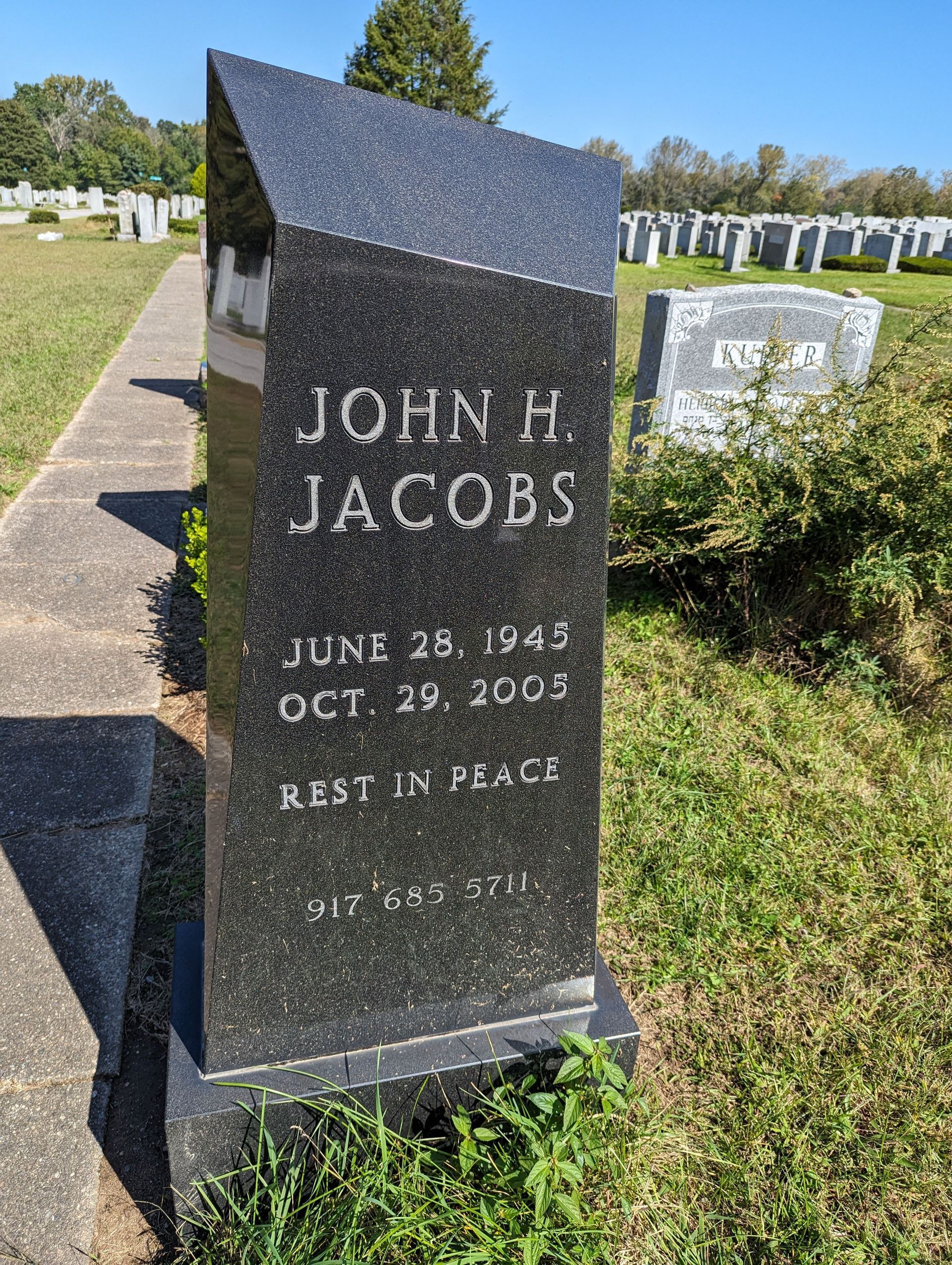
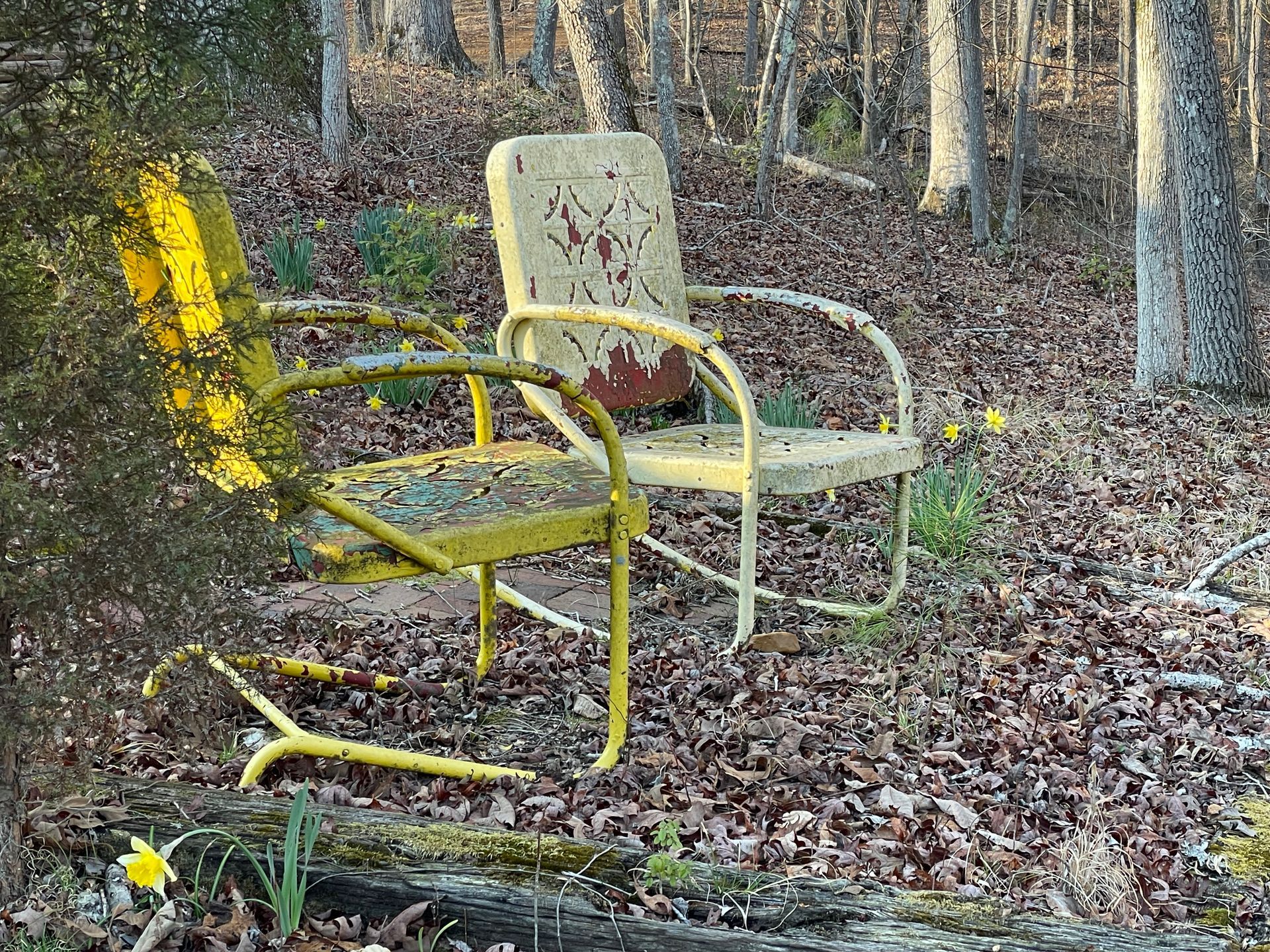
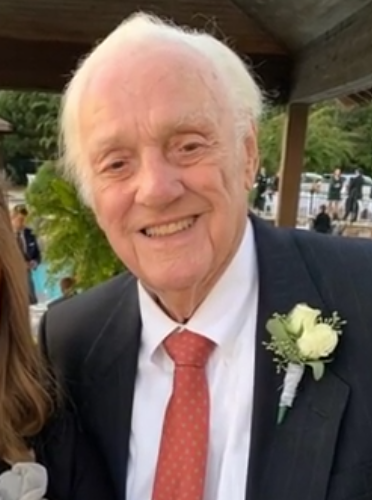
365 Days of Grief Support
Sign up for one year of grief messages designed to offer hope and healing during the difficult first year after a loss
Please wait
Verifying your email address
Please wait
Unsubscribing your email address
You have been unsubscribed
You will no longer receive messages from our email mailing list.
You have been subscribed
Your email address has successfully been added to our mailing list.
Something went wrong
There was an error verifying your email address. Please try again later, or re-subscribe.






